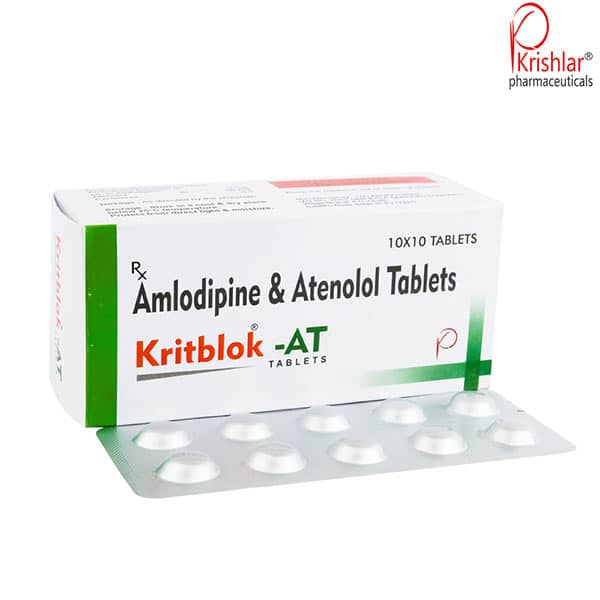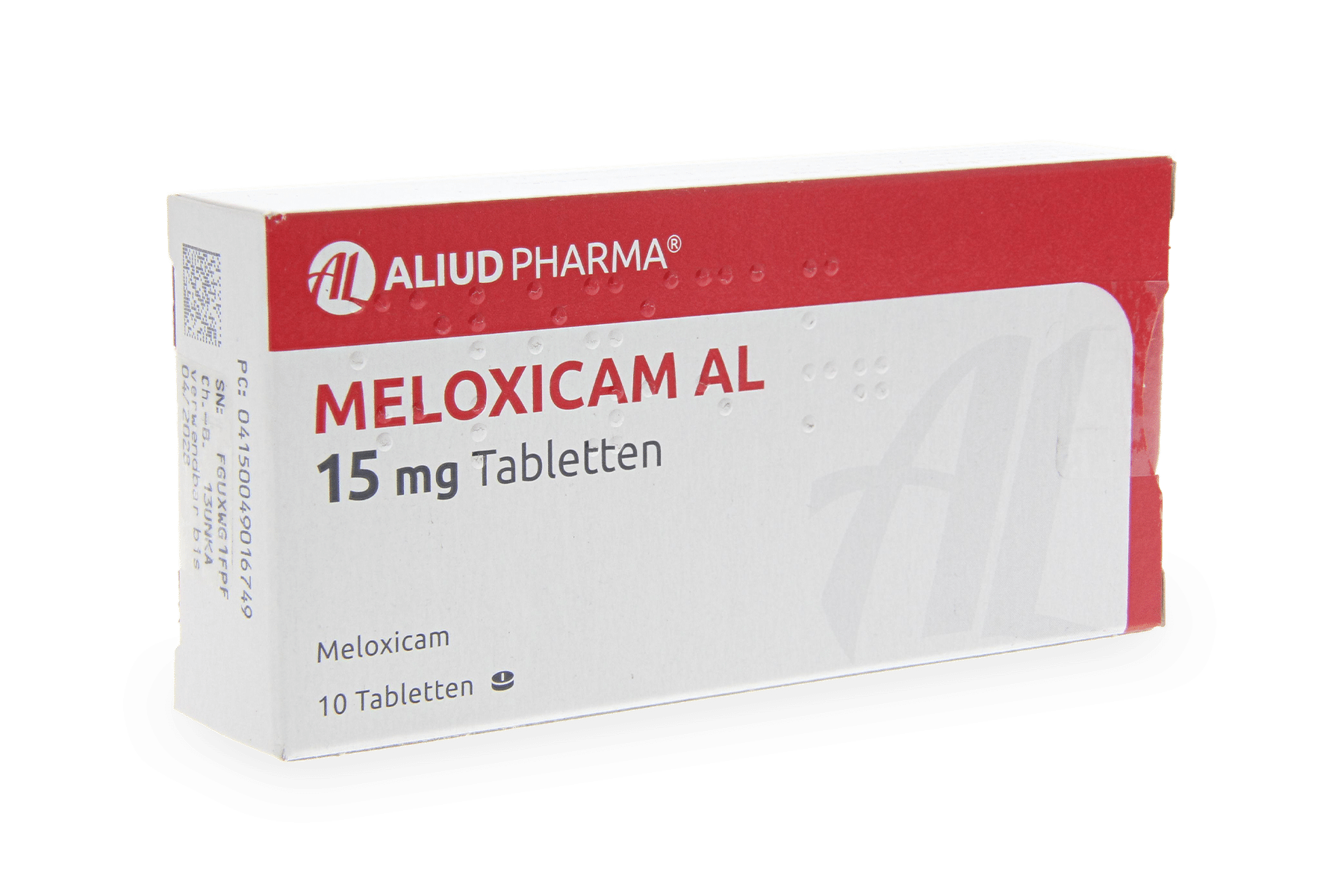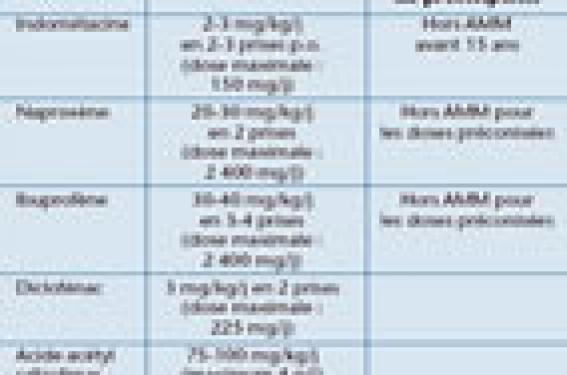The prescription of medications is a crucial step in patient management, and each medication has specific characteristics that deserve special attention. Among these treatments, atenolol, a beta-blocker, is often prescribed to manage certain cardiovascular conditions such as hypertension and angina. This medication works by reducing the effects of the sympathetic system on the heart, which can contribute to better control of cardiac parameters. However, it is vital to understand not only its benefits but also the potential side effects associated with its use. These can include symptoms such as bradycardia, cardiac conduction disorders, or fatigue, making their management essential. Any patient on atenolol must be informed of the risks related to this treatment, especially since it can interact with other medications and medical conditions. This article aims to explore in detail the prescription and side effects of atenolol, thus providing a clear and informed perspective on its use.
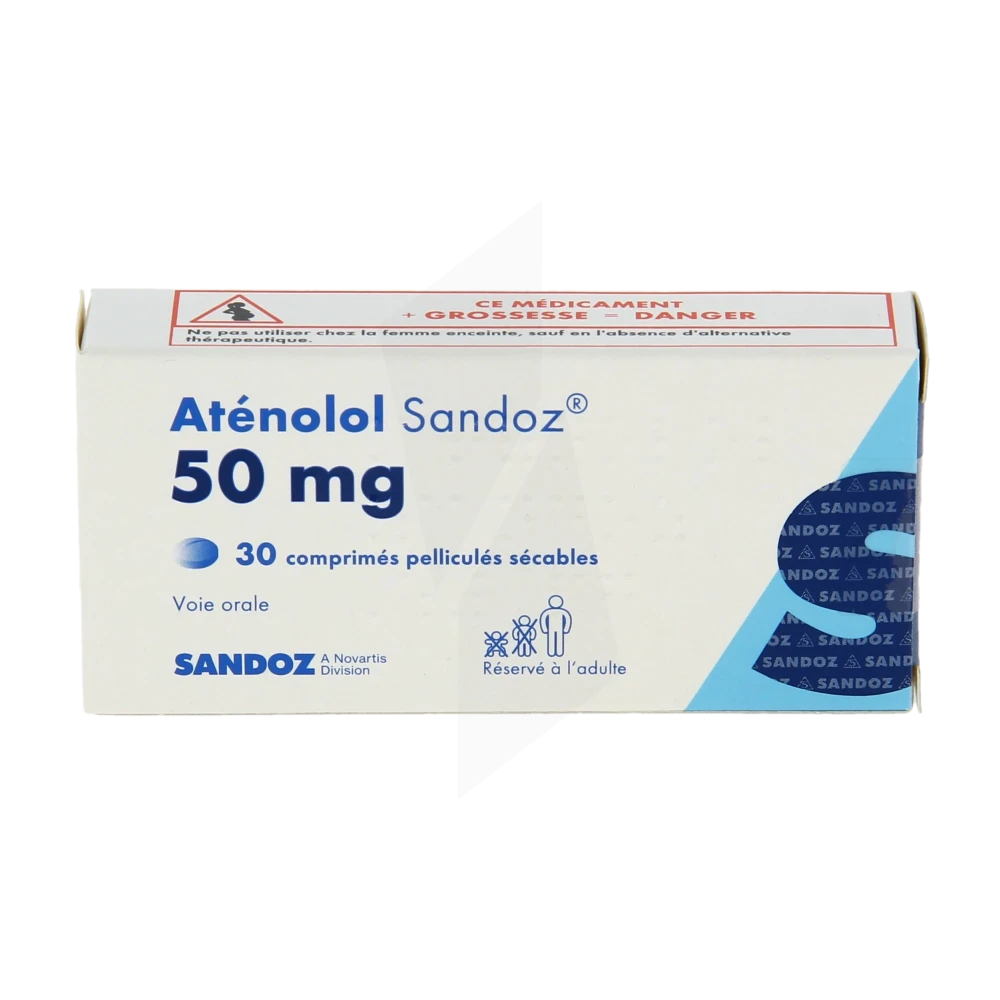
Medical Prescription and Side Effects of Atenolol: What You Need to Know
Atenolol is a beta-blocker widely used in the treatment of various cardiovascular conditions, notably high blood pressure and certain types of arrhythmias. As a therapeutic agent, it works by blocking the effects of adrenaline on the heart, which helps reduce heart rate and improve blood circulation. This mechanism of action is particularly beneficial for patients suffering from heart diseases because it decreases the workload on the heart.
When a doctor prescribes atenolol, special attention must be paid not only to its indications, but also to the potential side effects that may accompany its use. Patients must be correctly informed of the risks and benefits associated with this treatment to encourage informed use and optimize their medical follow-up.
Use of Atenolol: Indications and Dosage
Atenolol is primarily used to treat various clinical conditions, such as:
- High blood pressure
- Angina
- Cardiac arrhythmias, such as paroxysmal tachycardia
- Prevention of migraine attacks
- Control of anxiety-related symptoms (partially)
The dosage of atenolol may vary depending on the age, weight, and health status of the patient. It is usually prescribed in the form of scored tablets available in different dosages, such as 50 mg and 100 mg. It is crucial to follow the doctor’s recommendations regarding the dose, as inappropriate administration can lead to adverse effects or decrease the treatment’s effectiveness.
It is also essential not to abruptly stop taking atenolol, as a sudden reduction in its administration can cause complications, including angina attacks or even a heart attack. Thus, any change in treatment should always be made under medical supervision.
Side Effects: What to Watch For
Atenolol, like any medication, can be associated with certain side effects. Among the most common, we find:
- Fatigue – Many patients report feeling tired at the beginning of treatment, which can affect their quality of life.
- Bradycardia – This excessive slowing of heart rate can lead to dizziness or fainting, especially in older people.
- Gastrointestinal manifestations – Nausea, vomiting, or digestive upset may occur.
- Effects on metabolism – In some cases, changes in weight or disturbances in glycemic control may be observed, especially in diabetics.
- Depression or emotional distress – Some individuals on treatment have reported symptoms of anxiety or depression, making psychological monitoring important.
There are also less frequent but potentially more serious effects, including:
- Heart failure – May occur in patients with a history of heart problems.
- Allergic reactions – Although rare, these may include skin rashes or breathing difficulties.
Patients are therefore advised to discuss any adverse effects with their practitioner. Continuous monitoring is essential to adjust treatment according to each patient’s specific needs and minimize associated risks.
Before initiating treatment with atenolol, the practitioner should review the patient’s medical history, particularly concerning contraindications such as:
- Allergies to atenolol or to components present in the formulation.
- Severe heart block or cardiac conduction disorders.
- Uncontrolled heart failure.
It is crucial to consider these criteria to ensure patient safety and treatment effectiveness. Moreover, in certain medical situations, it may be necessary to adjust the dose or consider an alternative therapy.
Drug Interactions with Atenolol
Atenolol can interact with other medications, which may potentially increase its side effects or decrease its effectiveness. Therefore, it is essential to inform the doctor of all ongoing treatments, whether they are prescription medications, over-the-counter drugs, or natural remedies.
Here are some medications that may interact with atenolol:
- Calcium antagonists – For example, diltiazem and verapamil, which may enhance the effect of atenolol on heart rate.
- Antihypertensive medications – Due to the risk of excessive lowering of blood pressure, dosage adjustments may be needed.
- Medications used to treat asthma – Some bronchodilators may reduce the antihypertensive effect of atenolol.
For any additions, medical monitoring is crucial, particularly when adding a new medication to an ongoing treatment. In case of adverse effects or unexpected reactions, it is essential to consult a healthcare professional promptly.
For more information about atenolol, feel free to consult articles available on medical and pharmacological expert sites, such as Santé Magazine and Vidal.
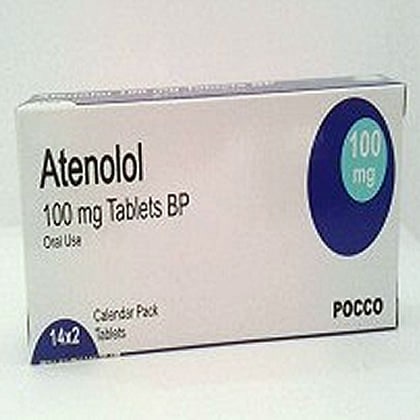
FAQ on Atenolol
What are the main effects of atenolol? Atenolol is a beta-blocker that decreases certain effects of the sympathetic system, thus contributing to cardiovascular regulation.
What is atenolol used for? This medication is primarily used to treat heart disorders such as hypertension and certain arrhythmias.
What are the contraindications of atenolol? It is contraindicated in case of allergy to atenolol, severe heart block, or heart failure.
What side effects can occur? Among the adverse effects, cardiac issues, including bradycardia, as well as sensations of dizziness or fatigue.
What to do in case of severe side effects? If symptoms such as heart failure occur, it is essential to consult a healthcare professional immediately.
How to take atenolol? It is generally recommended to follow the dosage indicated by the doctor, often in conjunction with other medications, such as thiazide diuretics.
Can atenolol cause excessive fatigue? Yes, some patients may experience fatigue or dizziness while taking this medication.
Are there interactions with other medications? Yes, certain interactions may occur, including with other antihypertensives or medications acting on the heart.
Does atenolol affect driving? Due to fatigue and dizziness effects, it is advised not to drive if you experience these symptoms after taking the medication.
Are there specific considerations during pregnancy? If taken at the end of pregnancy, monitoring of the newborn is necessary due to possible effects on its cardiovascular system.

